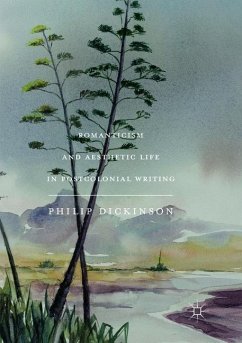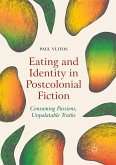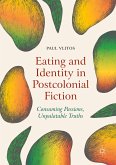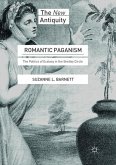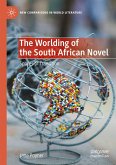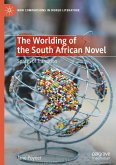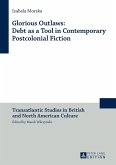This book explores Romanticism as a force that exerts an insistent but critically neglected pressure on the postcolonial imagination. From the decolonizing poetics of the Caribbean to the white writing of South Africa, from the aesthetics of post-imperial disappointment to postcolonial theory itself, it develops an account of the textual and philosophical interpenetration of postcolonial aesthetics with Romantic ideas about sense, history and world.
What emerges is a reading of Romantic/postcolonial co-involvement that moves beyond well-worn models of intercanonical antagonism and the historicizing biases of conventional literary history. Caught somewhere between the effects of reanimation and estrangement, Romanticism appears here not as a stable textual repository prior to the postcolonial, but as echo, spectre, self-interruption, or vital force, that can yet only emerge in the guise of the afterlife, its agency mediated - but never exhausted - by postcolonial writing.
What emerges is a reading of Romantic/postcolonial co-involvement that moves beyond well-worn models of intercanonical antagonism and the historicizing biases of conventional literary history. Caught somewhere between the effects of reanimation and estrangement, Romanticism appears here not as a stable textual repository prior to the postcolonial, but as echo, spectre, self-interruption, or vital force, that can yet only emerge in the guise of the afterlife, its agency mediated - but never exhausted - by postcolonial writing.

